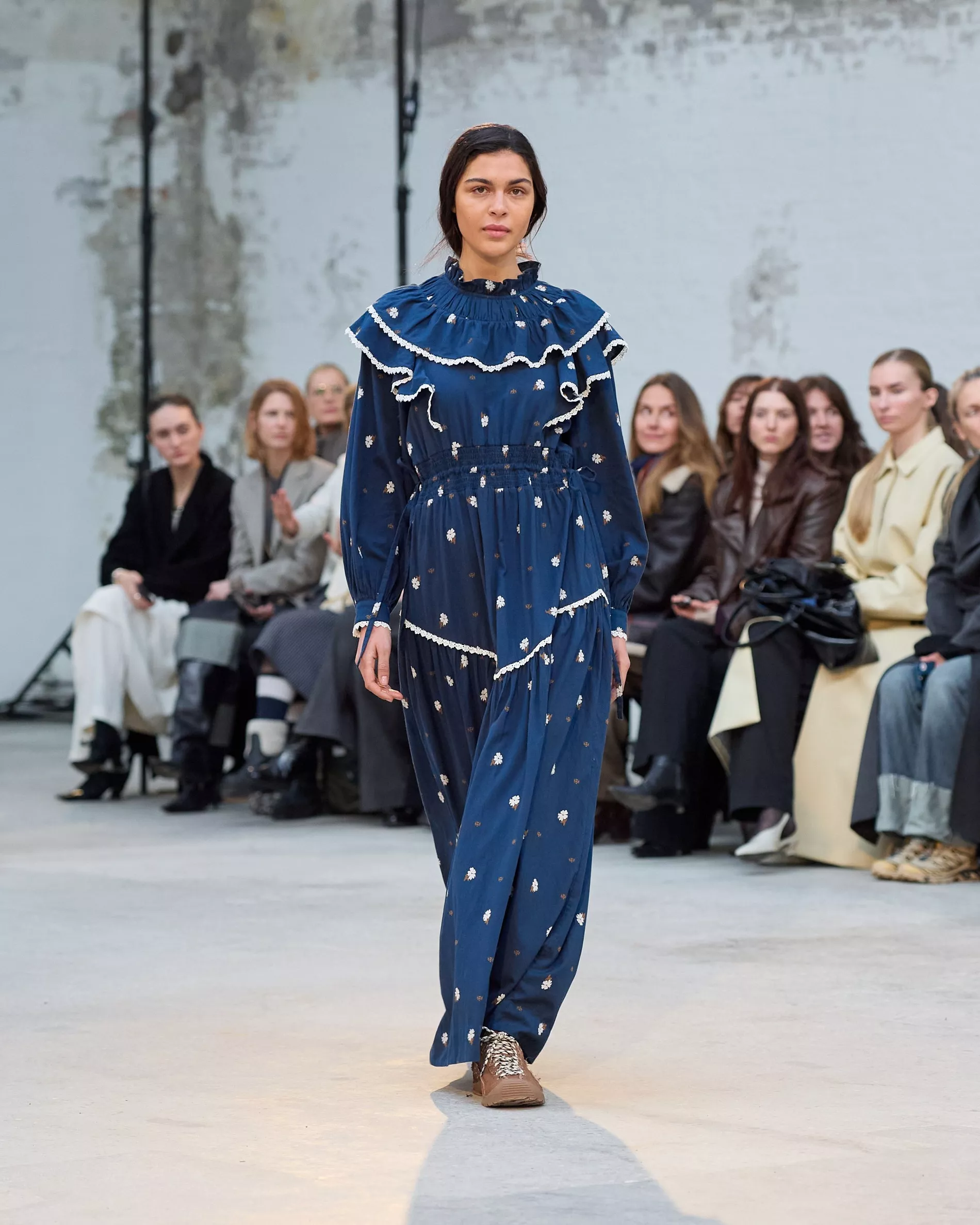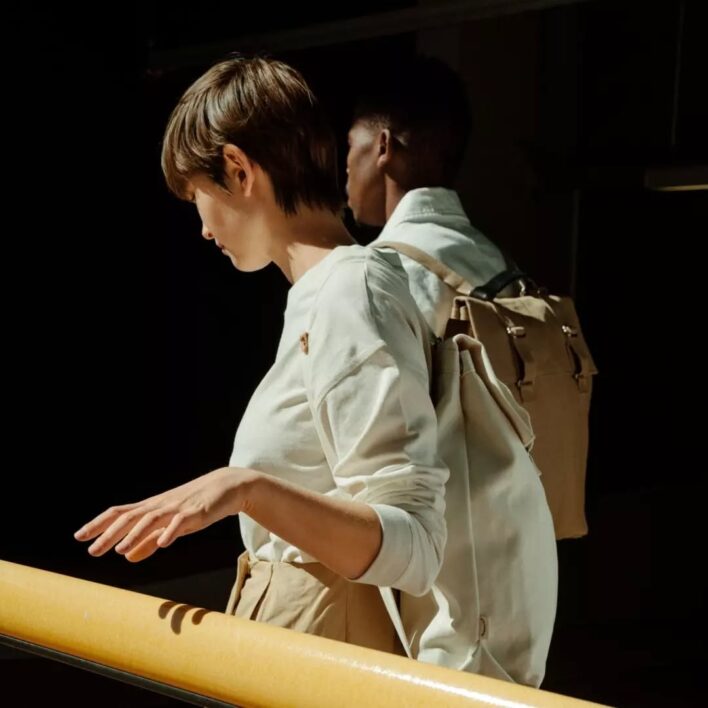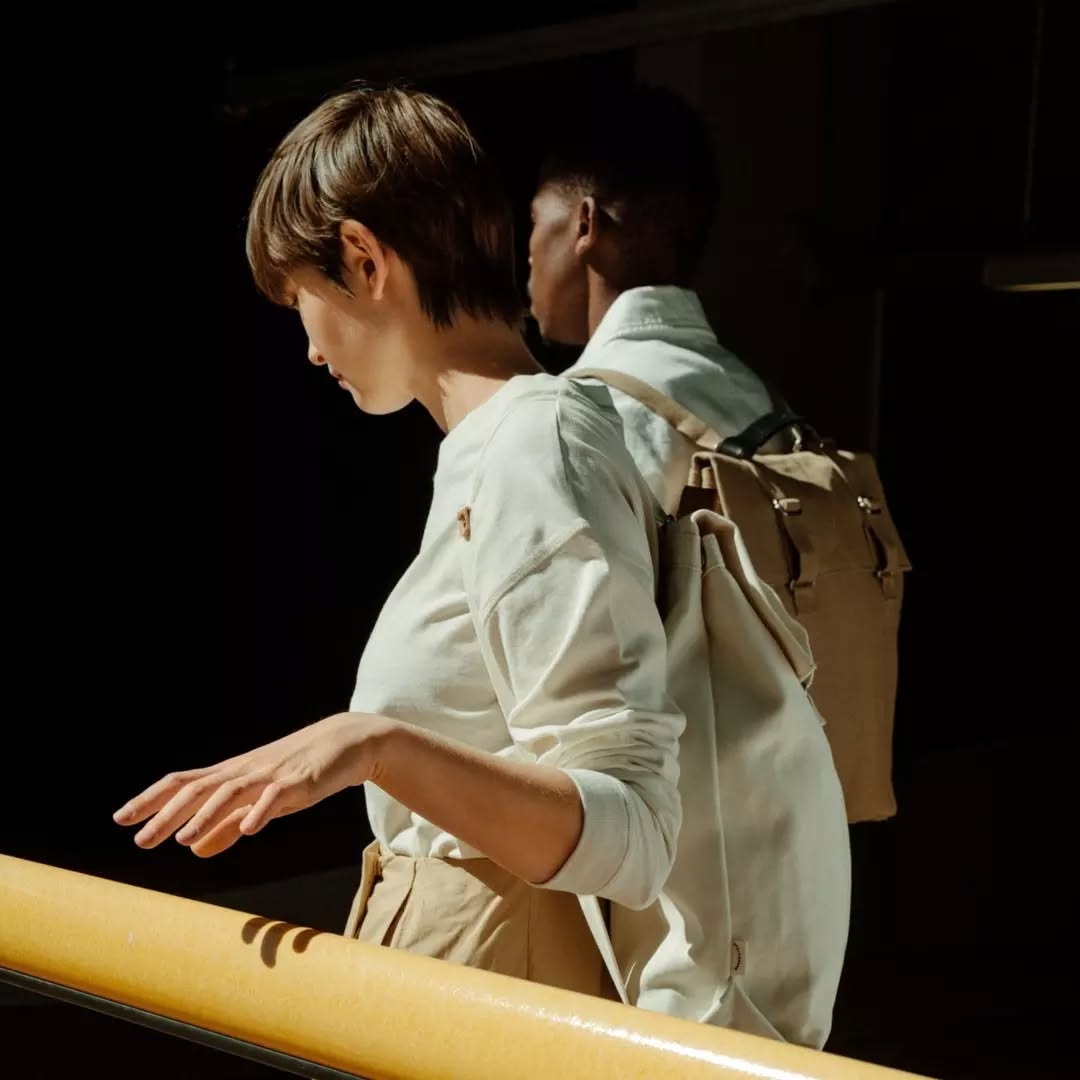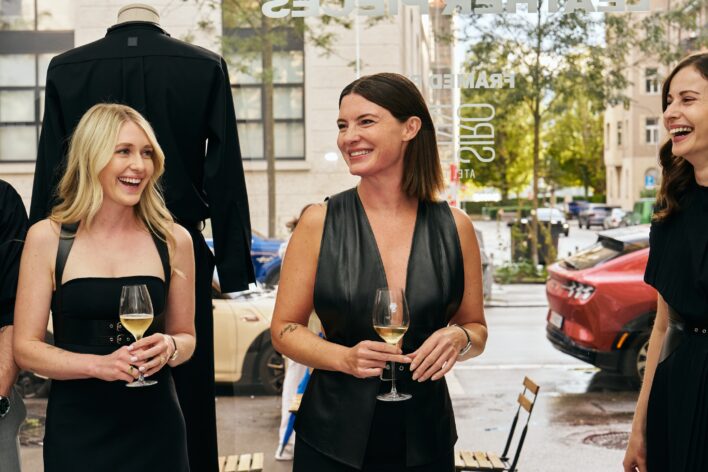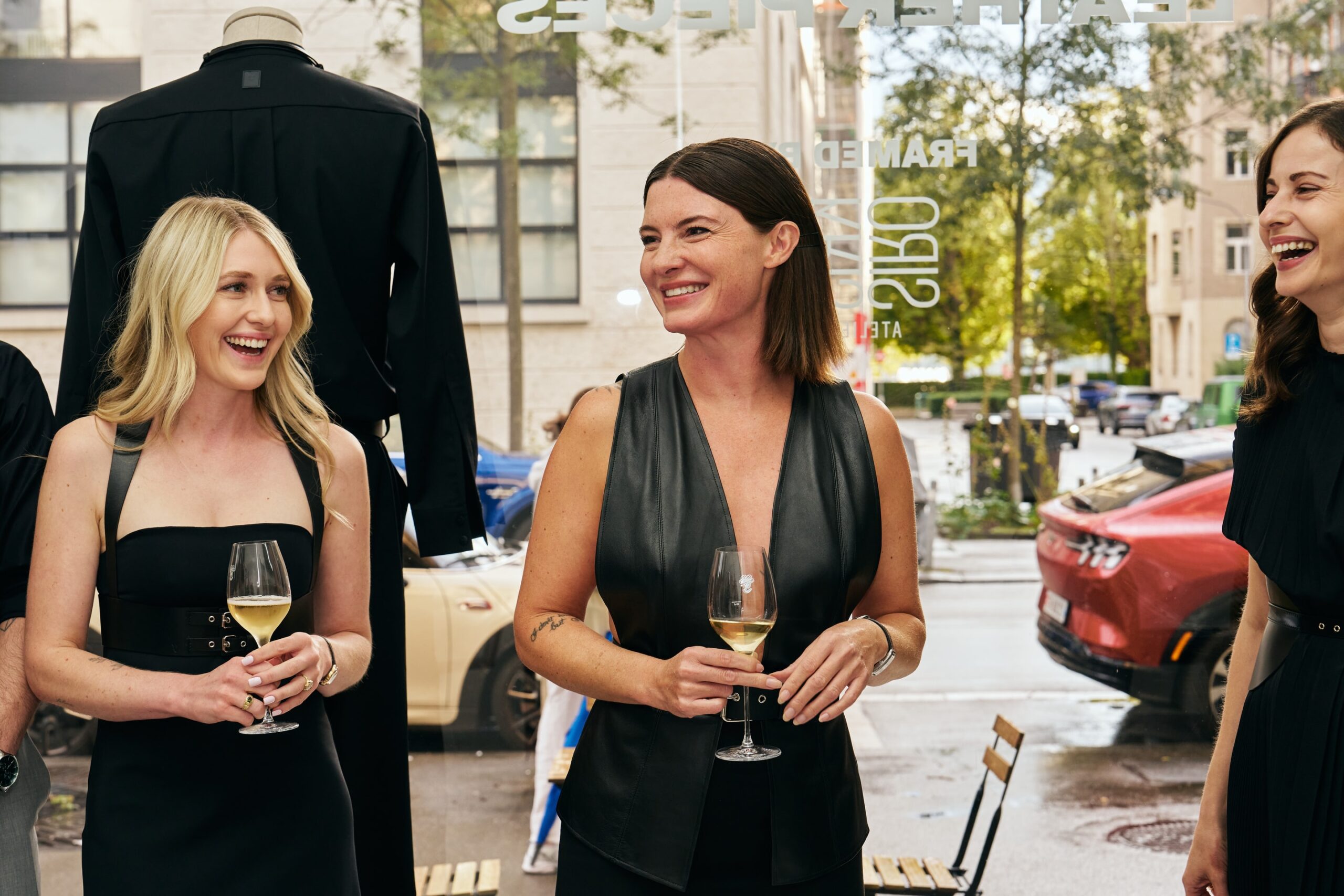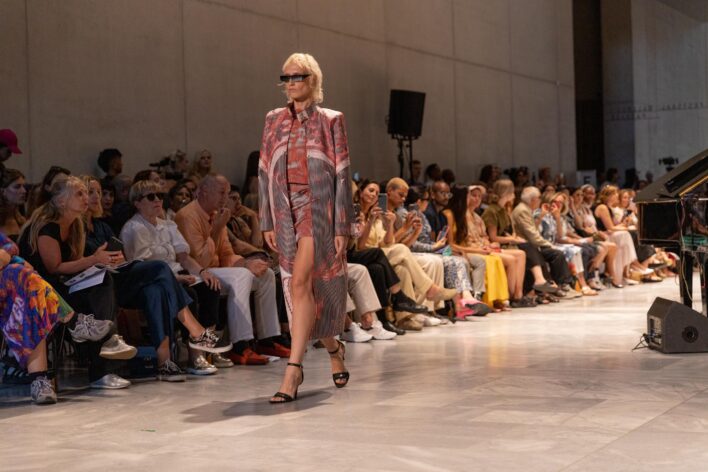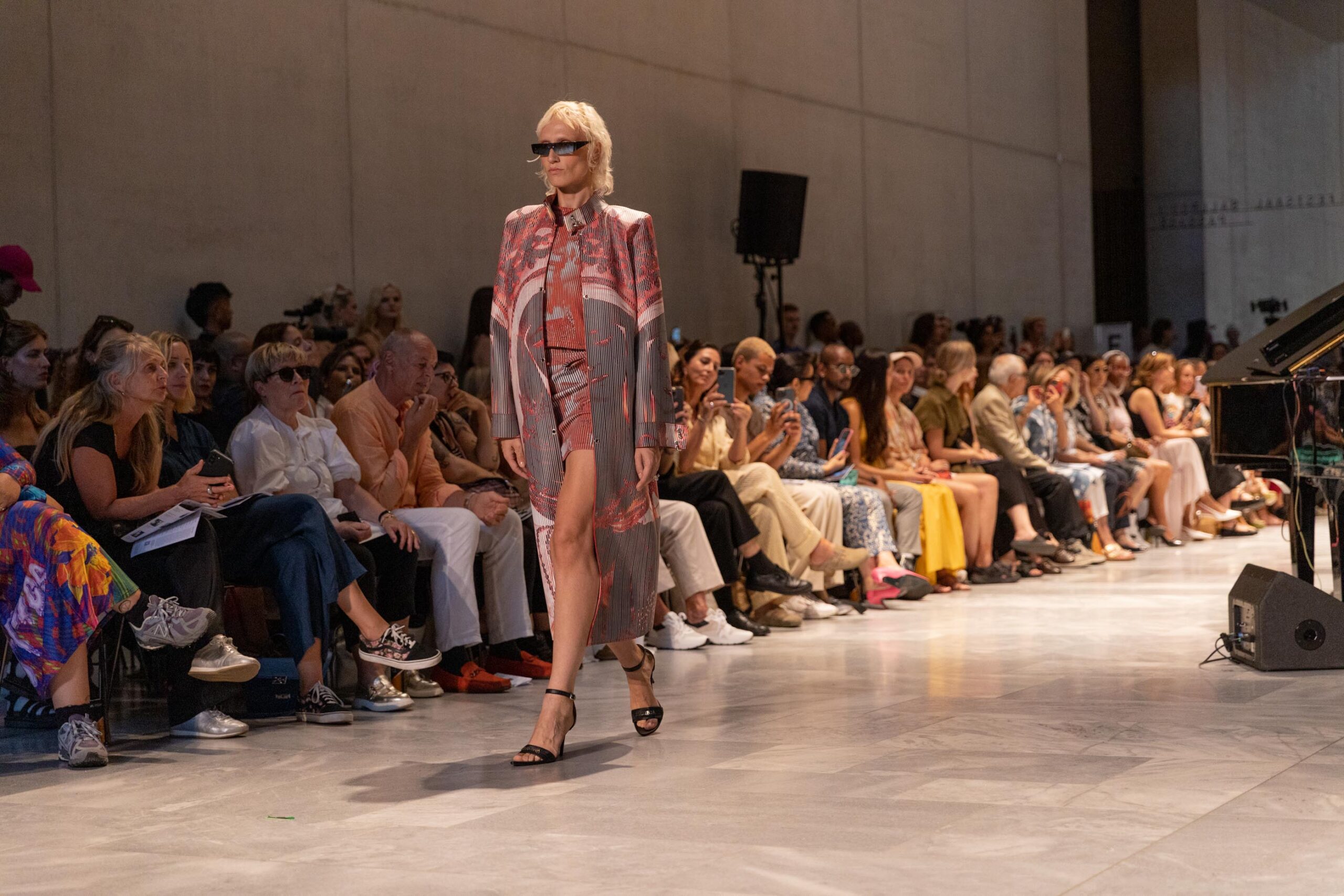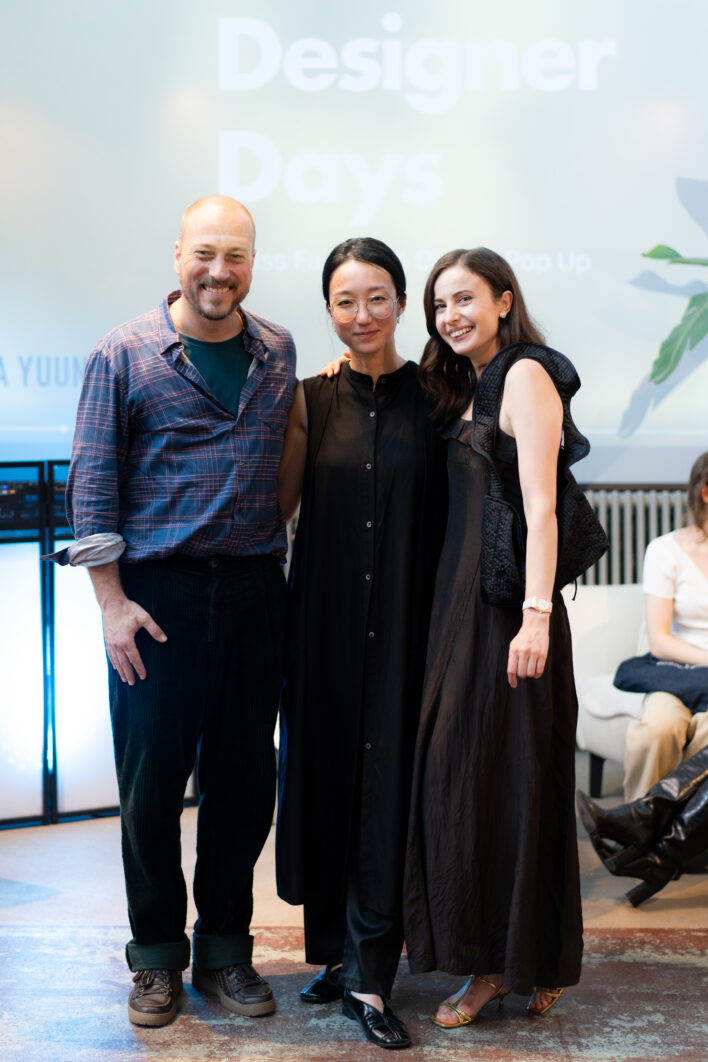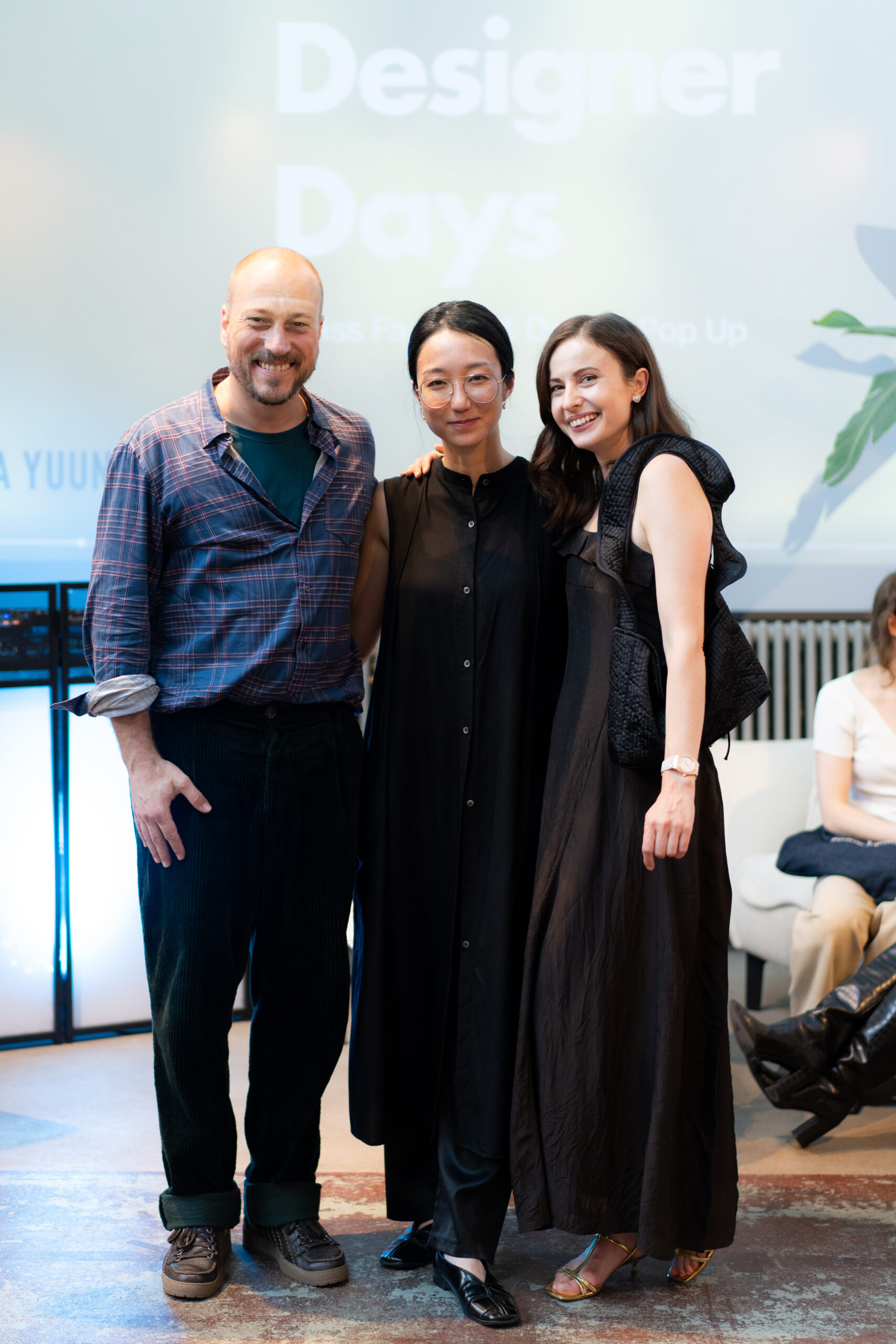This season, Fashion Weeks around the world were more than just a spectacle of style—they were a bold statement on sustainability. Designers are no longer treating eco-consciousness as an afterthought; it’s now woven into the very fabric of their collections.
Copenhagen
As always, Copenhagen Fashion Week set the gold standard for sustainability, mandating that at least 60% of collections be made from certified sustainable or deadstock fabrics. This year, Henrik Vibskov took an artistic approach, incorporating recycled materials into voluminous, sculptural silhouettes. A. Roege Hove presented intricate knitwear crafted from eco-friendly fibers, while Skall Studio continued its commitment to organic textiles and timeless designs. Even Ukrainian label TG Botanical made waves with naturally dyed, eco-conscious textiles.
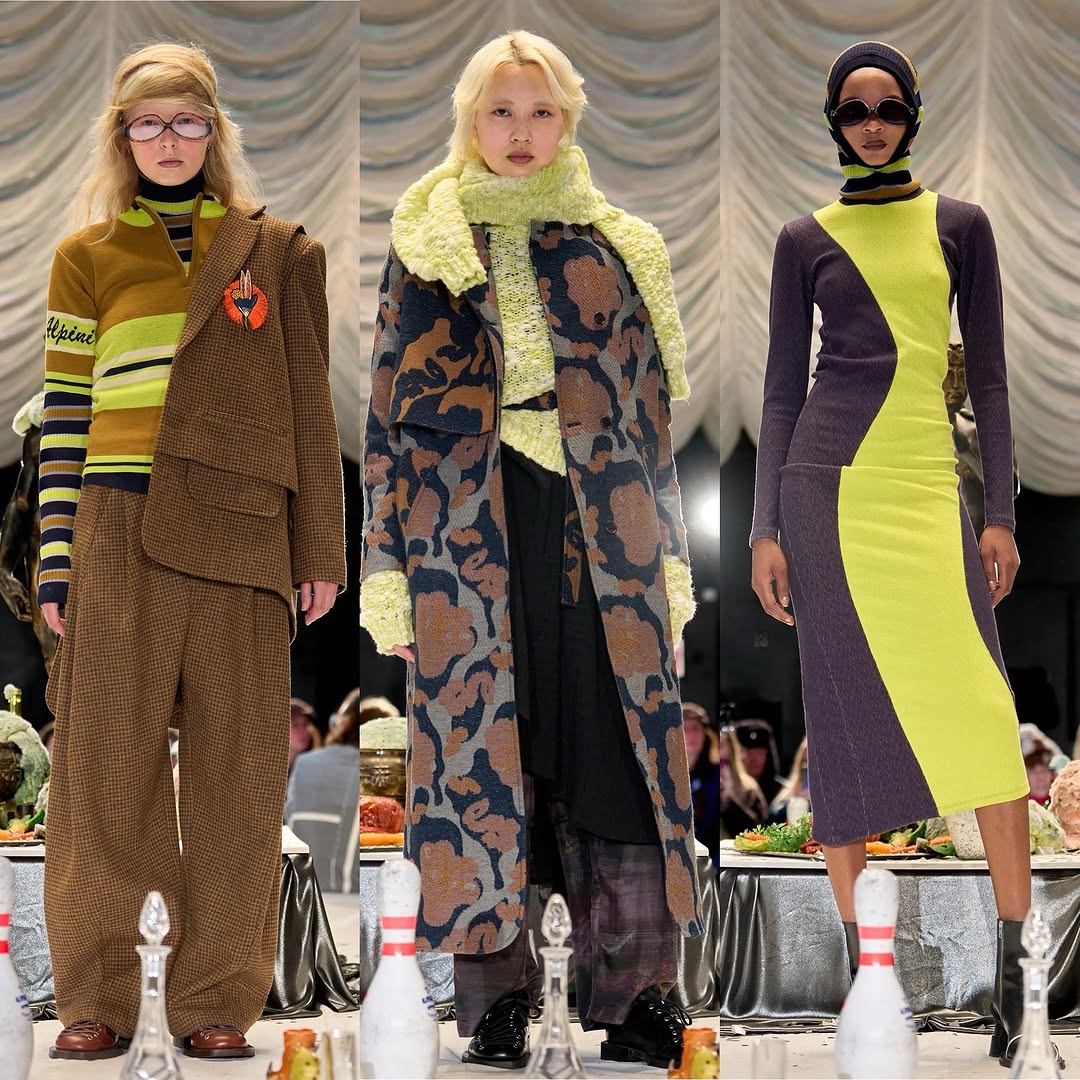
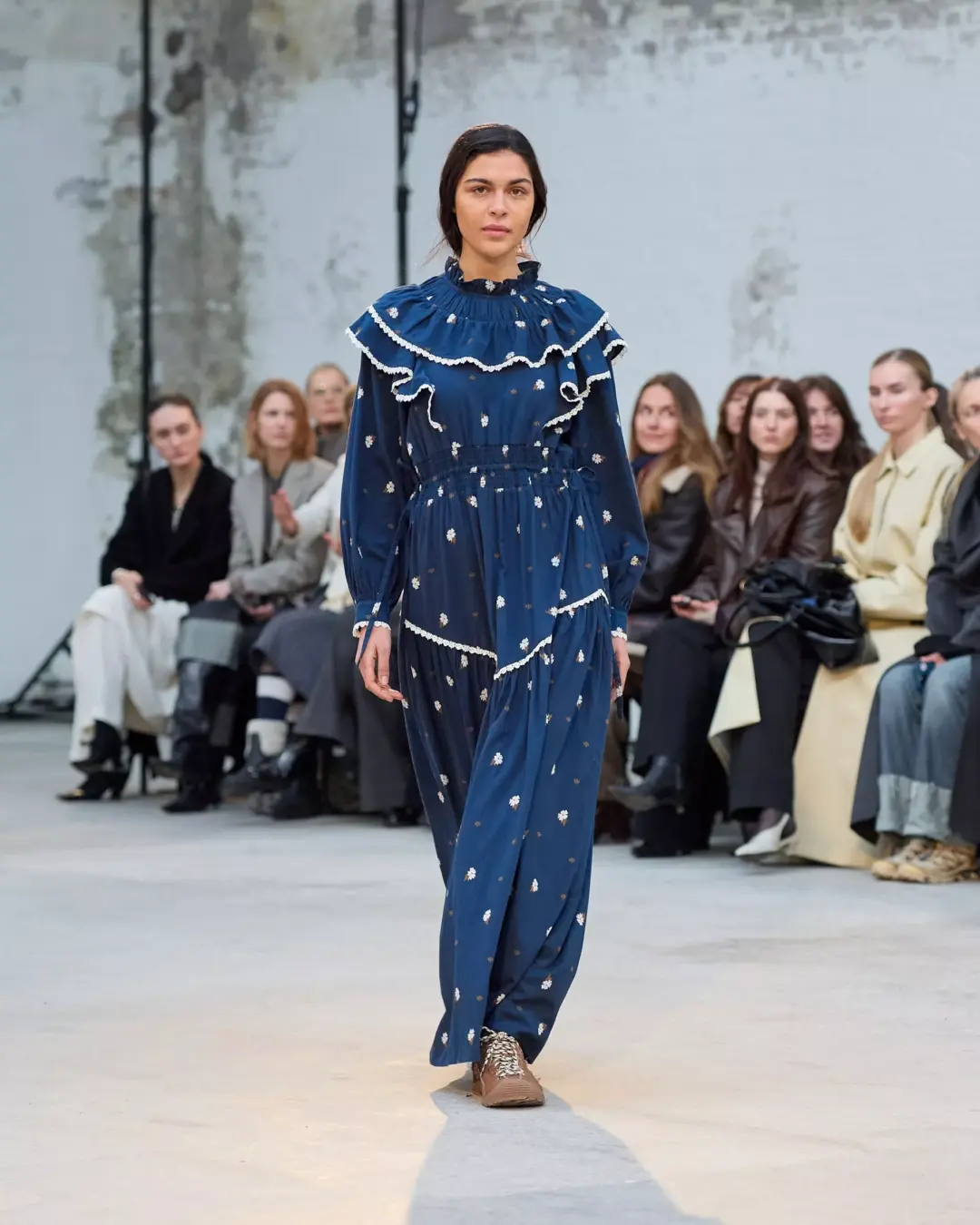
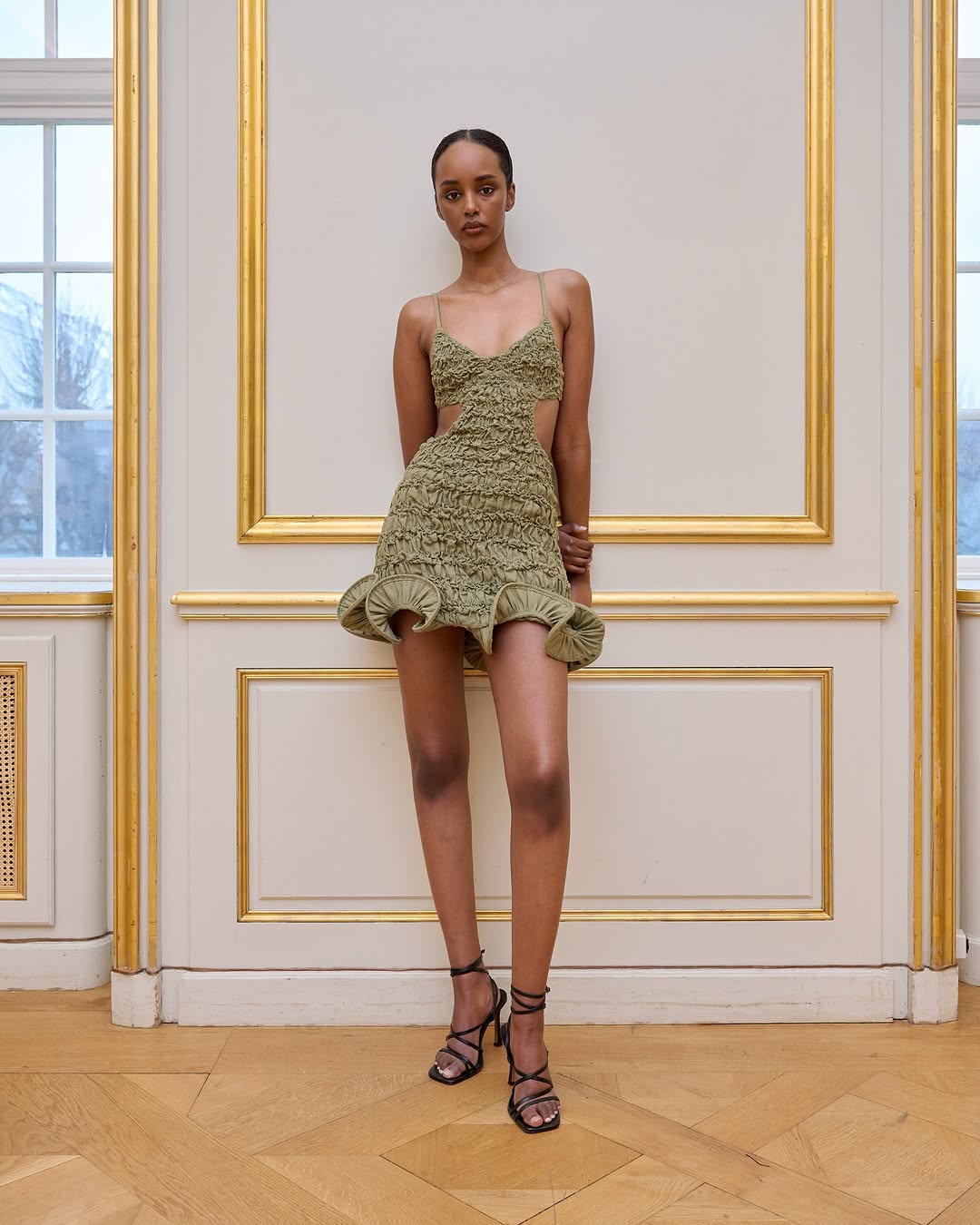
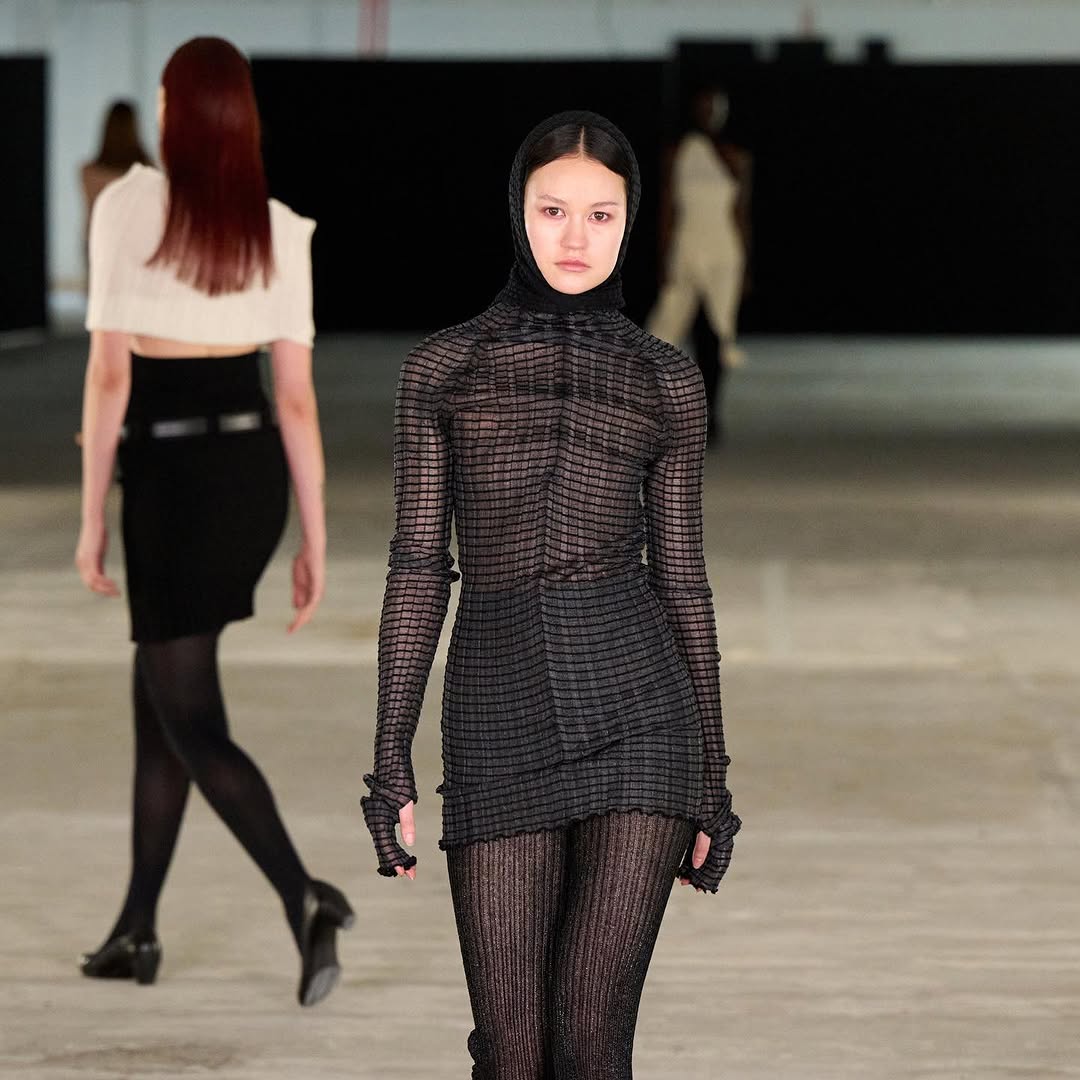
New York
Sustainability wasn’t the loudest theme at NYFW, but a few designers made a statement. Collina Strada stole the show with a diverse, inclusive cast dressed in vintage wedding gowns sourced from thrift stores. Meanwhile, Elena Velez embraced raw, industrial aesthetics, incorporating salvaged metals and distressed fabrics.
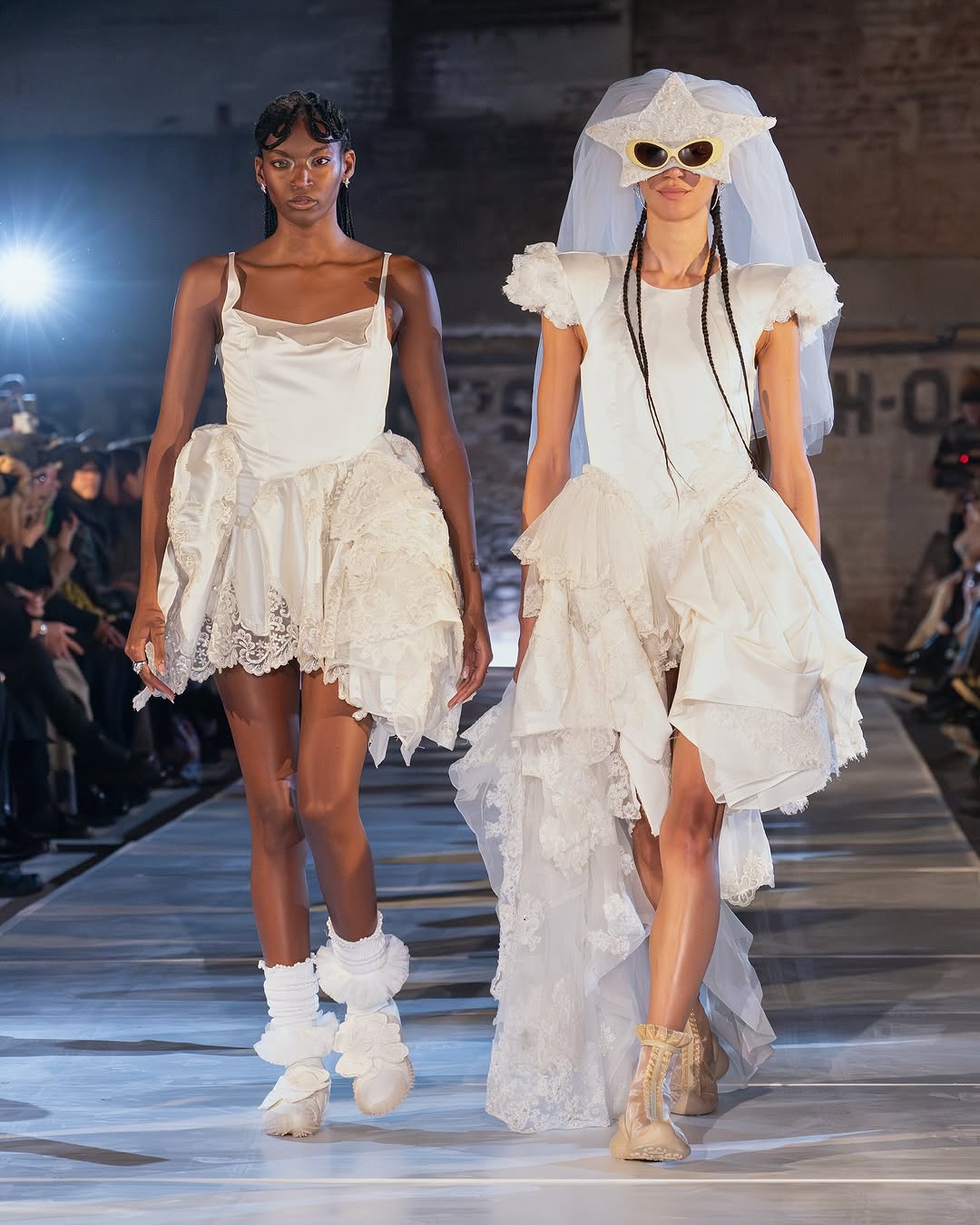
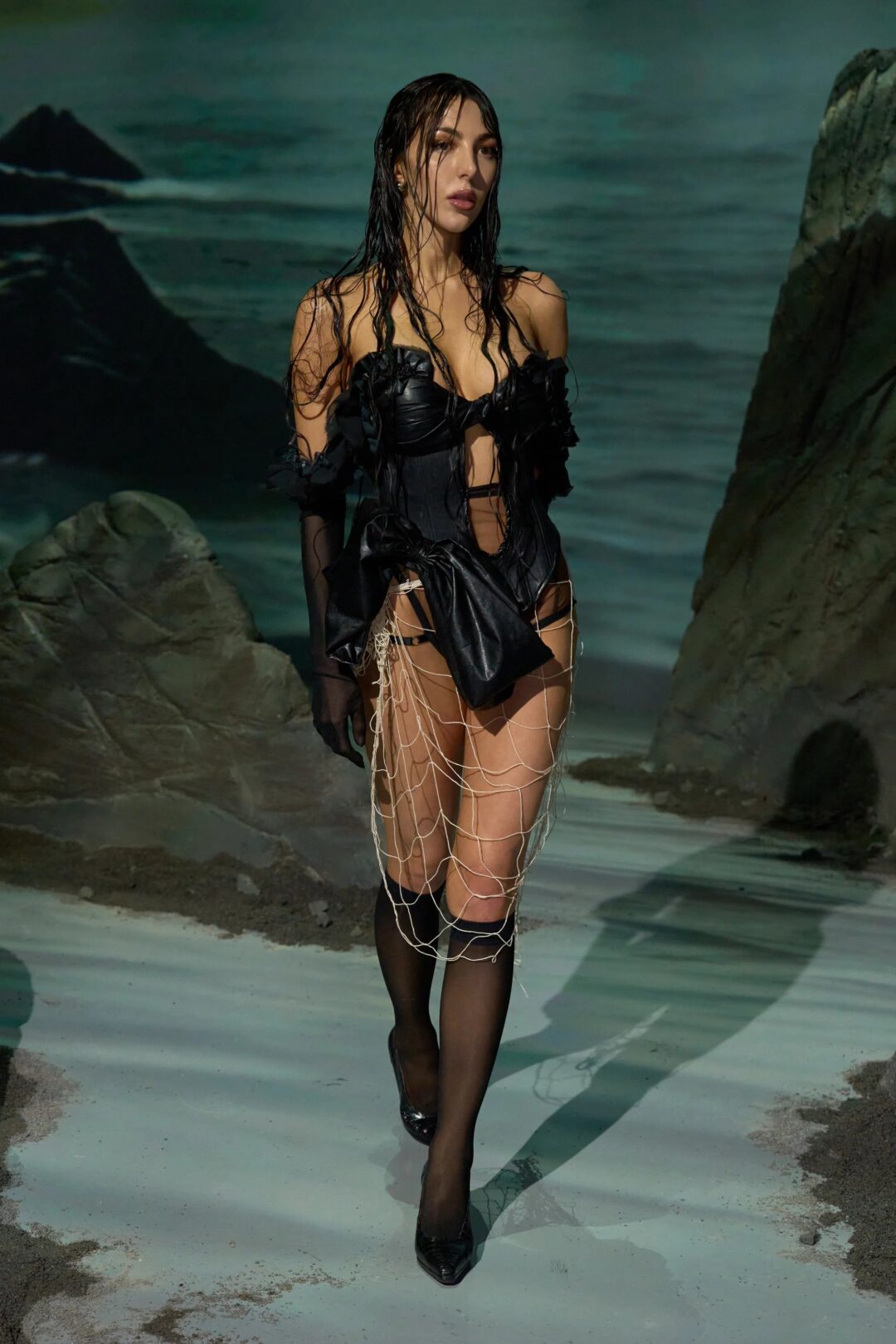
Kyiv
Kyiv’s fashion scene is rising from the ashes with a powerful message: sustainability and resilience go hand in hand. Ksenia Schnaider continued her reign as the queen of eco-denim, while the breakout brand UPSLOWUSE turned heads with circular, zero-waste fashion. Their imaginative repurposing of vintage fur and fabric scraps secured them a coveted grant for conscious design.
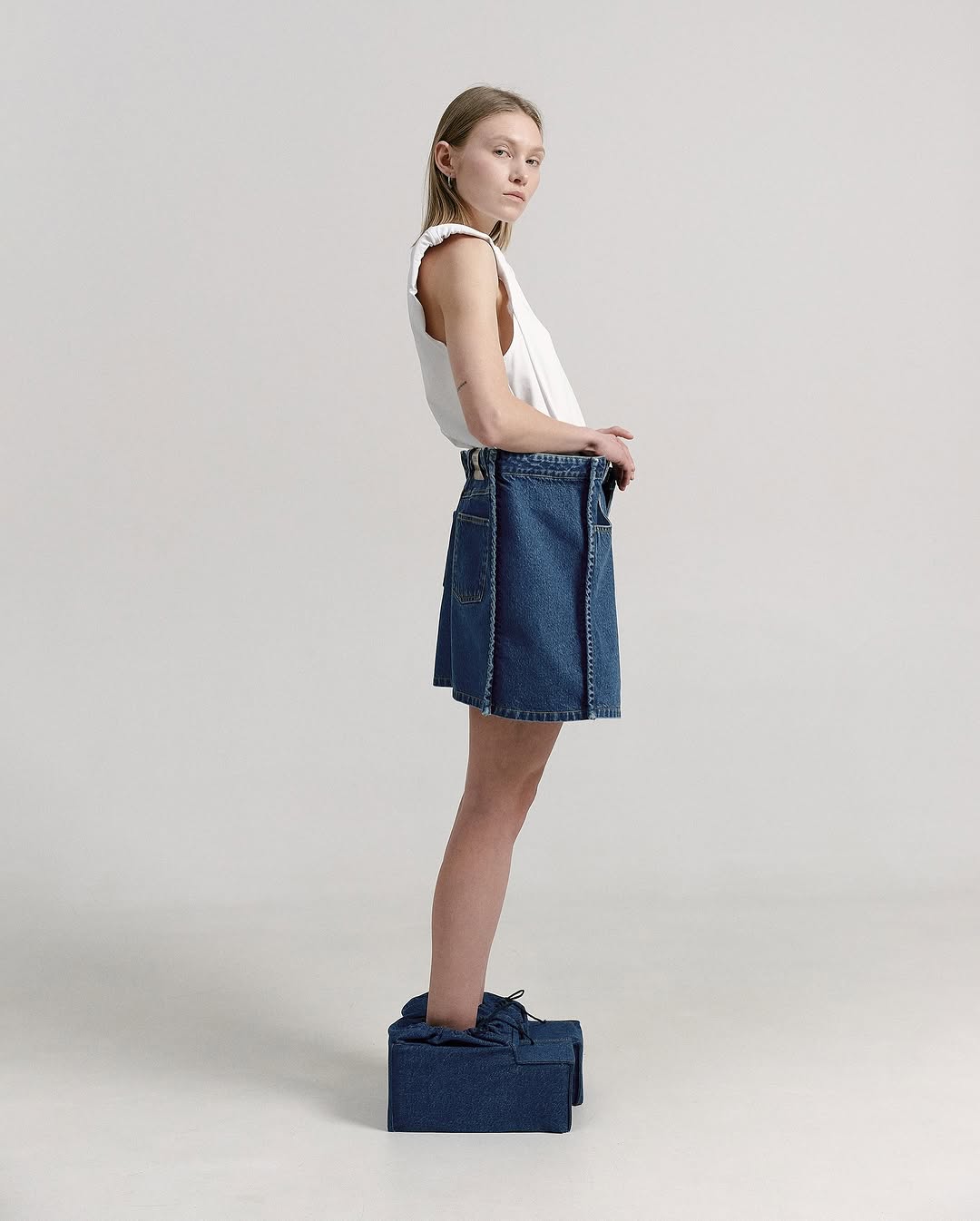
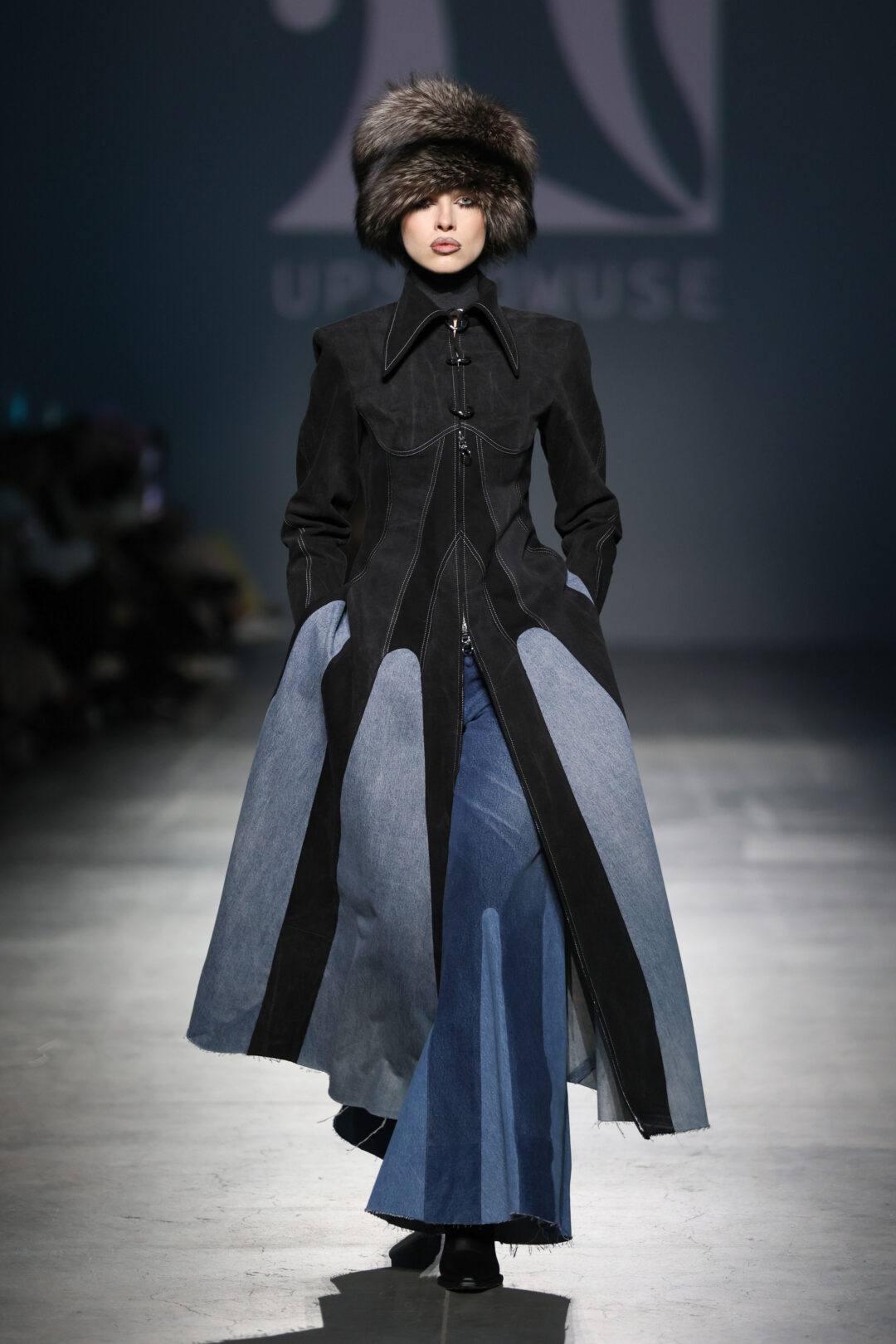
London
London Fashion Week took a page from Copenhagen’s book, encouraging sustainability, especially among Newgen designers. Phoebe English delivered a collection made entirely from waste textiles, transforming scraps into structured, avant-garde pieces. Ahluwalia blended heritage with sustainability, using upcycled fabrics to create bold, retro-inspired designs. Meanwhile, Patrick McDowell pushed the limits of circular fashion by reworking old couture pieces into modern masterpieces.
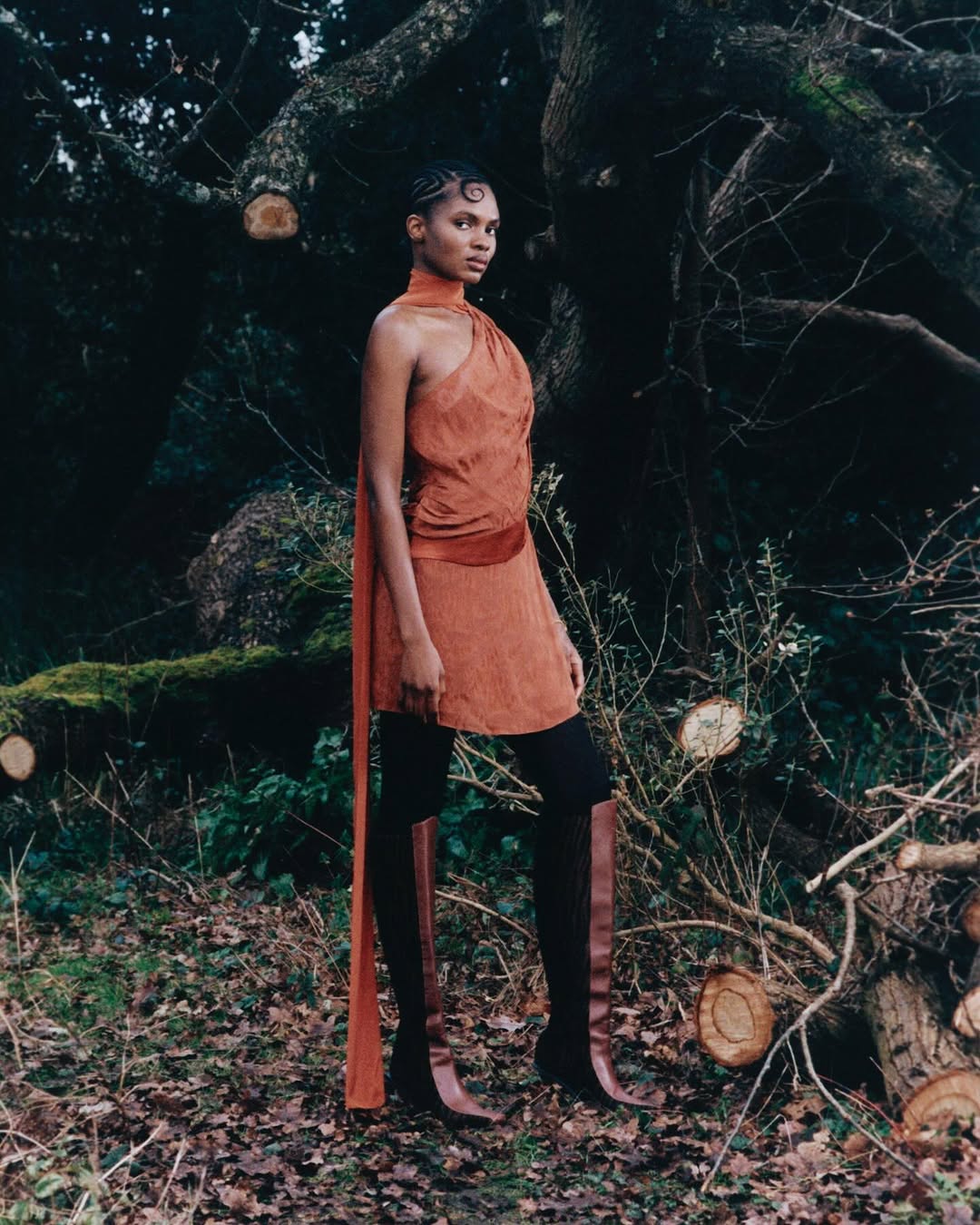
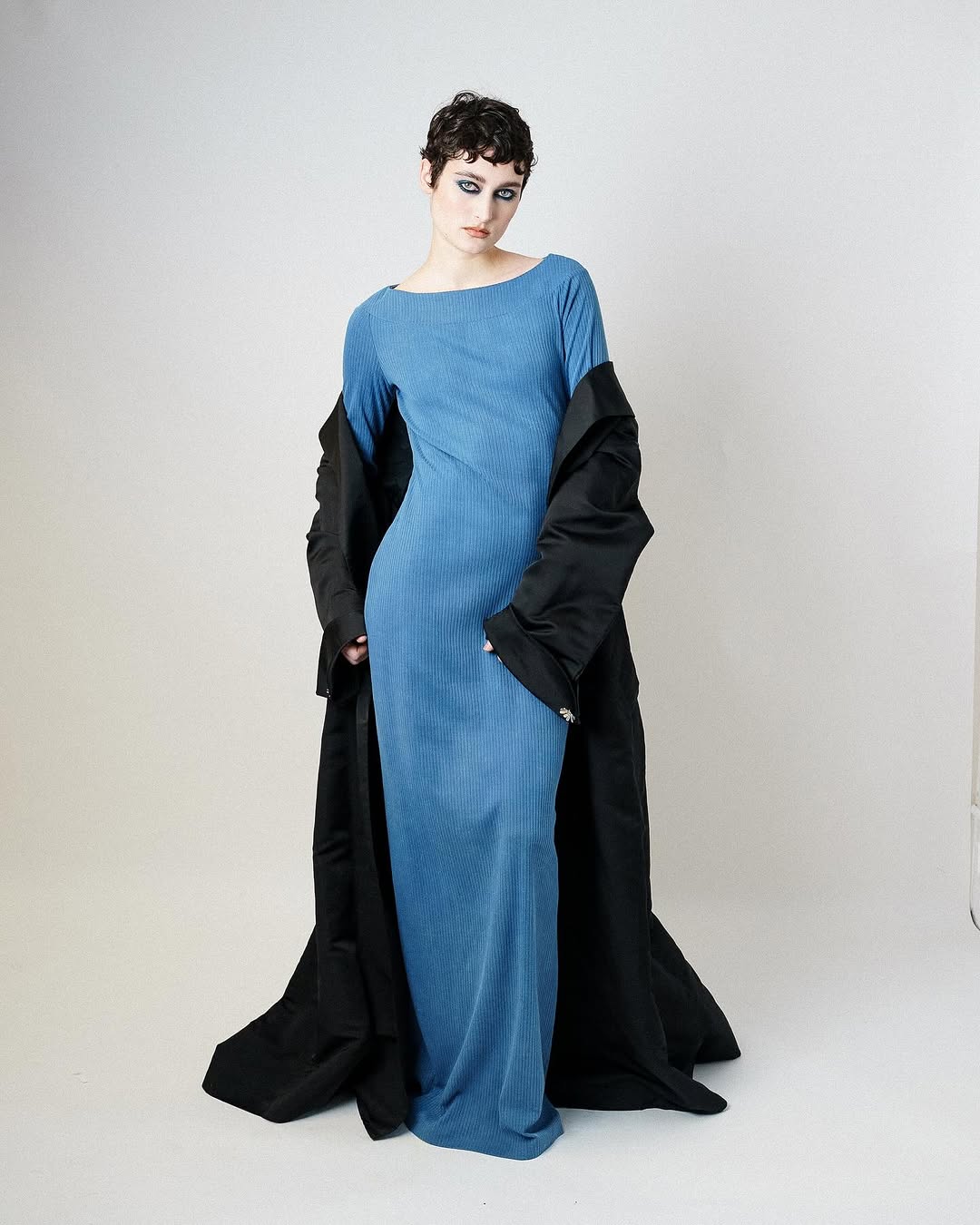
Milan
Milan struck a balance between heritage and innovation. Lessico Familiare and Cruciani championed upcycling, but the real buzz was Dsquared2’s collaboration with Ukrainian brand Bettter, transforming iconic upcycled pieces into daring, high-fashion creations.
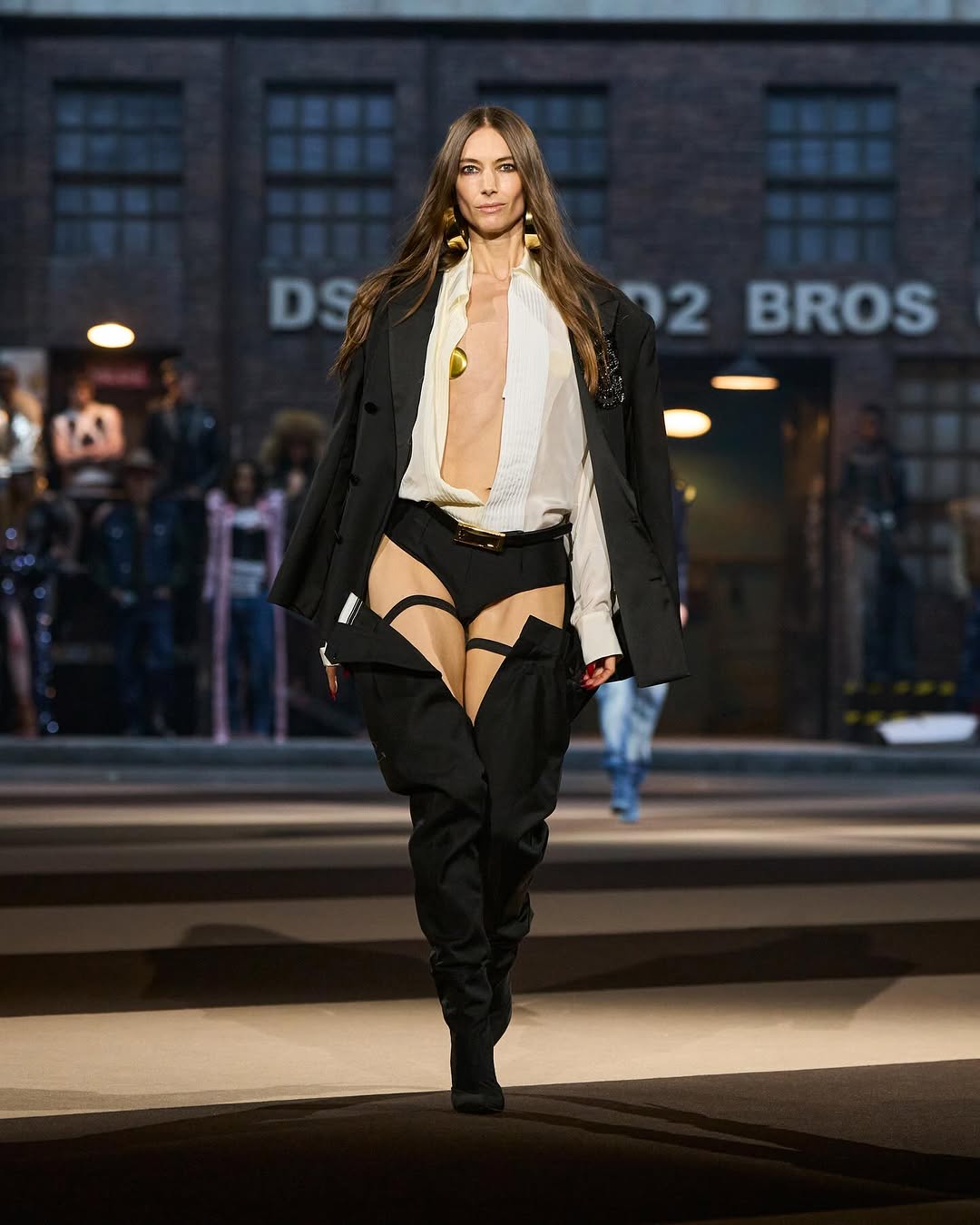
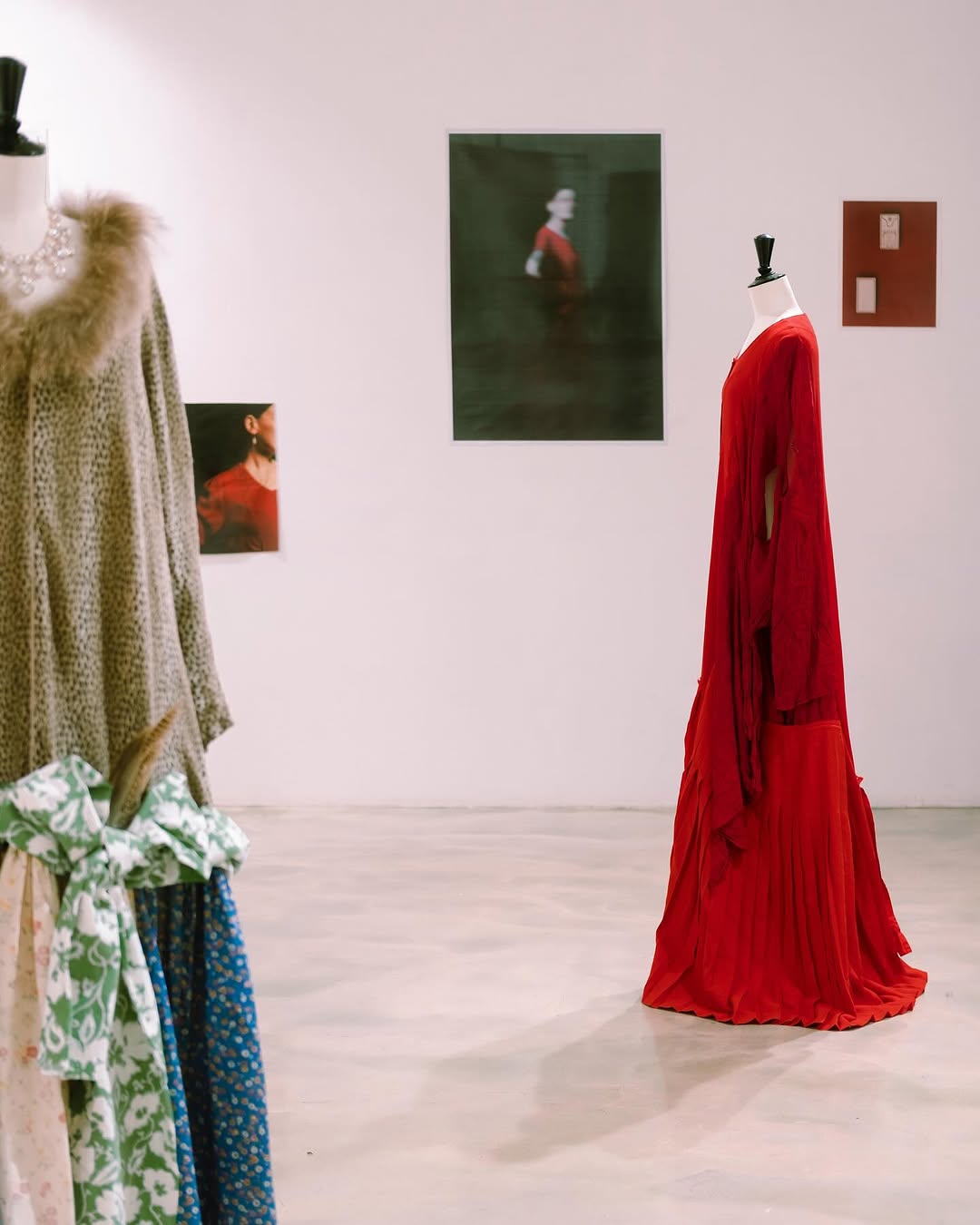
Paris
Paris proved that luxury and sustainability are a perfect match. Marine Serre continued her signature upcycling with vintage scarves and denim, while Stella McCartney doubled down on plant-based fabrics. Even Balenciaga embraced the movement, unveiling biodegradable materials in a collection that blurred the lines between avant-garde and responsible fashion.
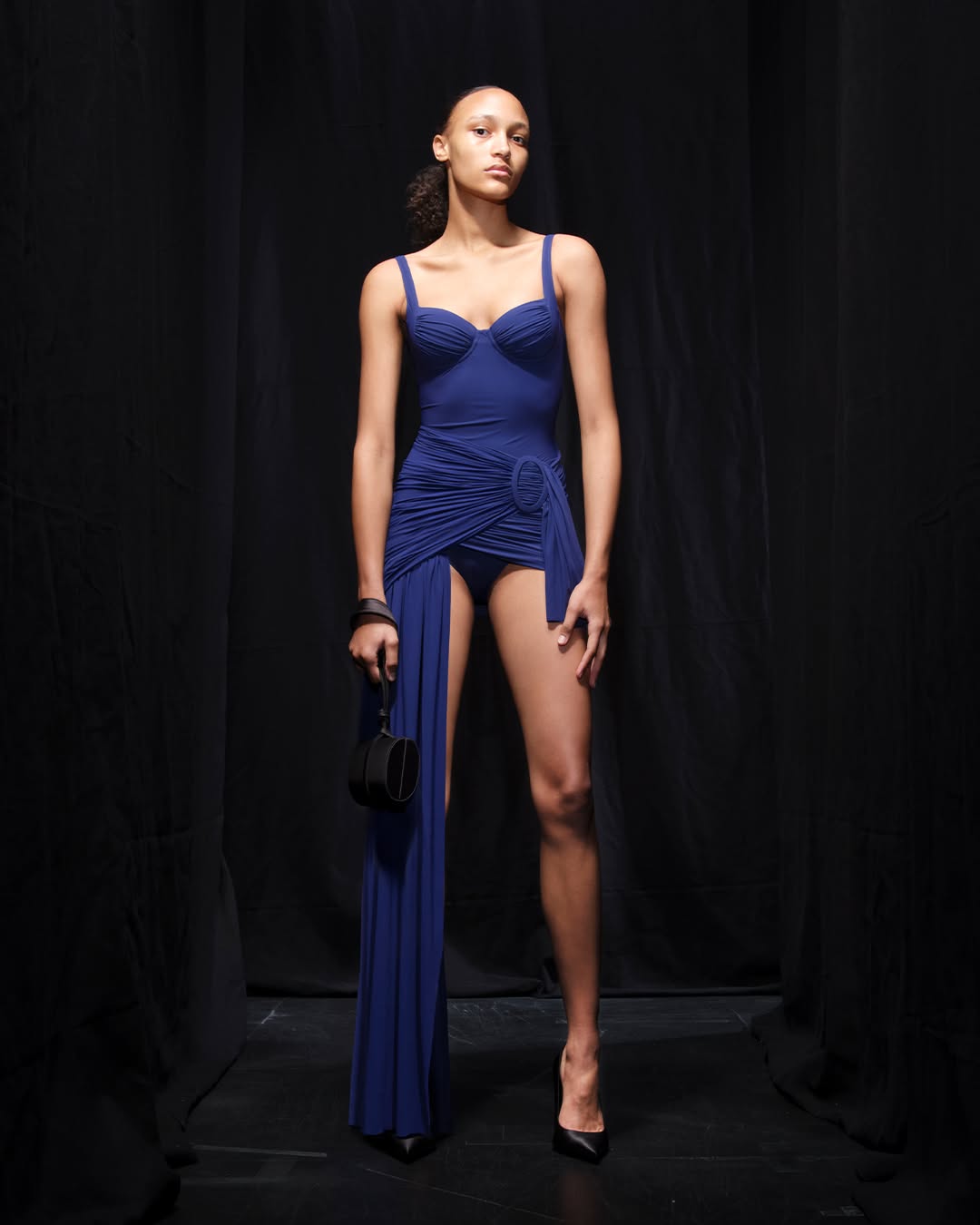
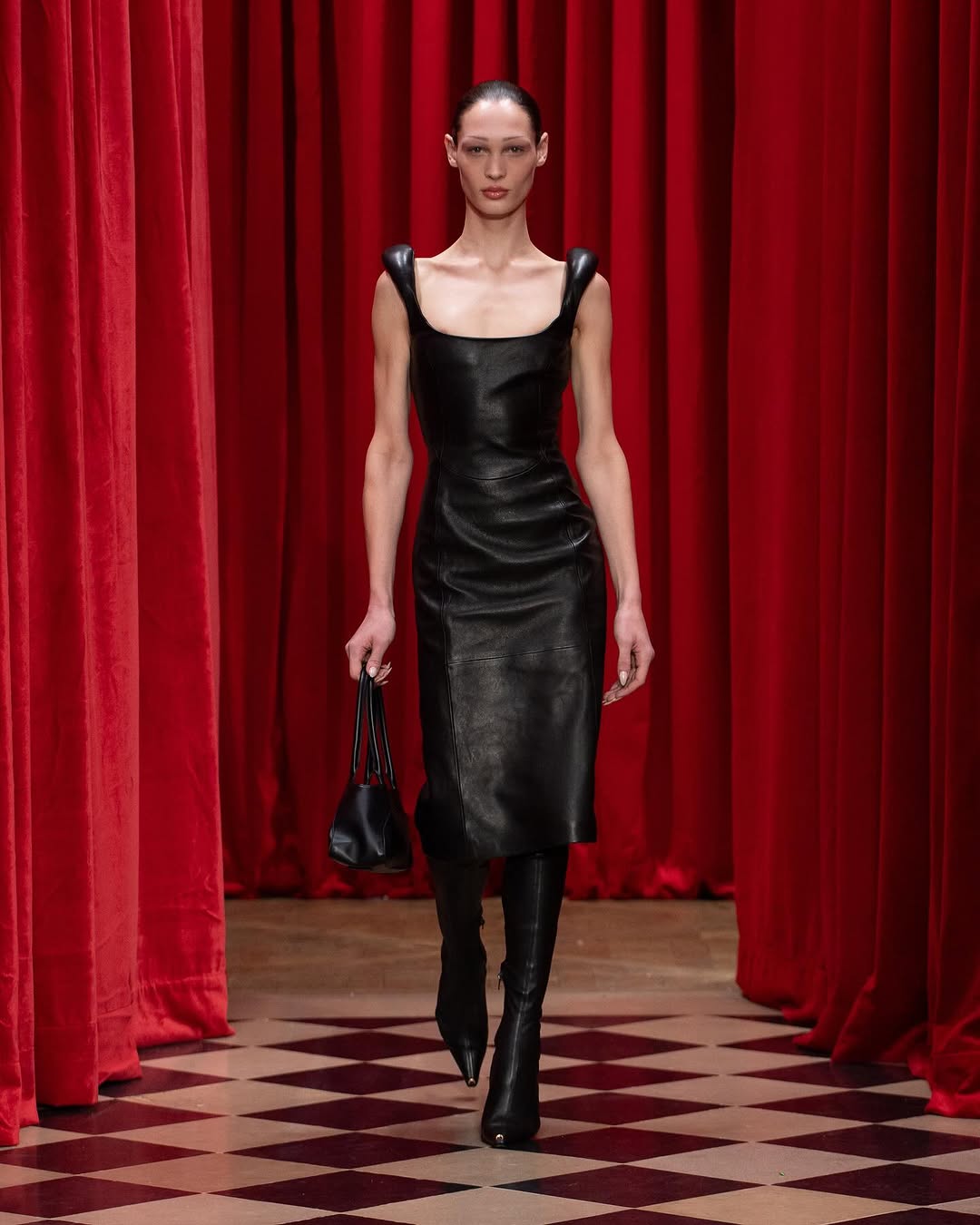
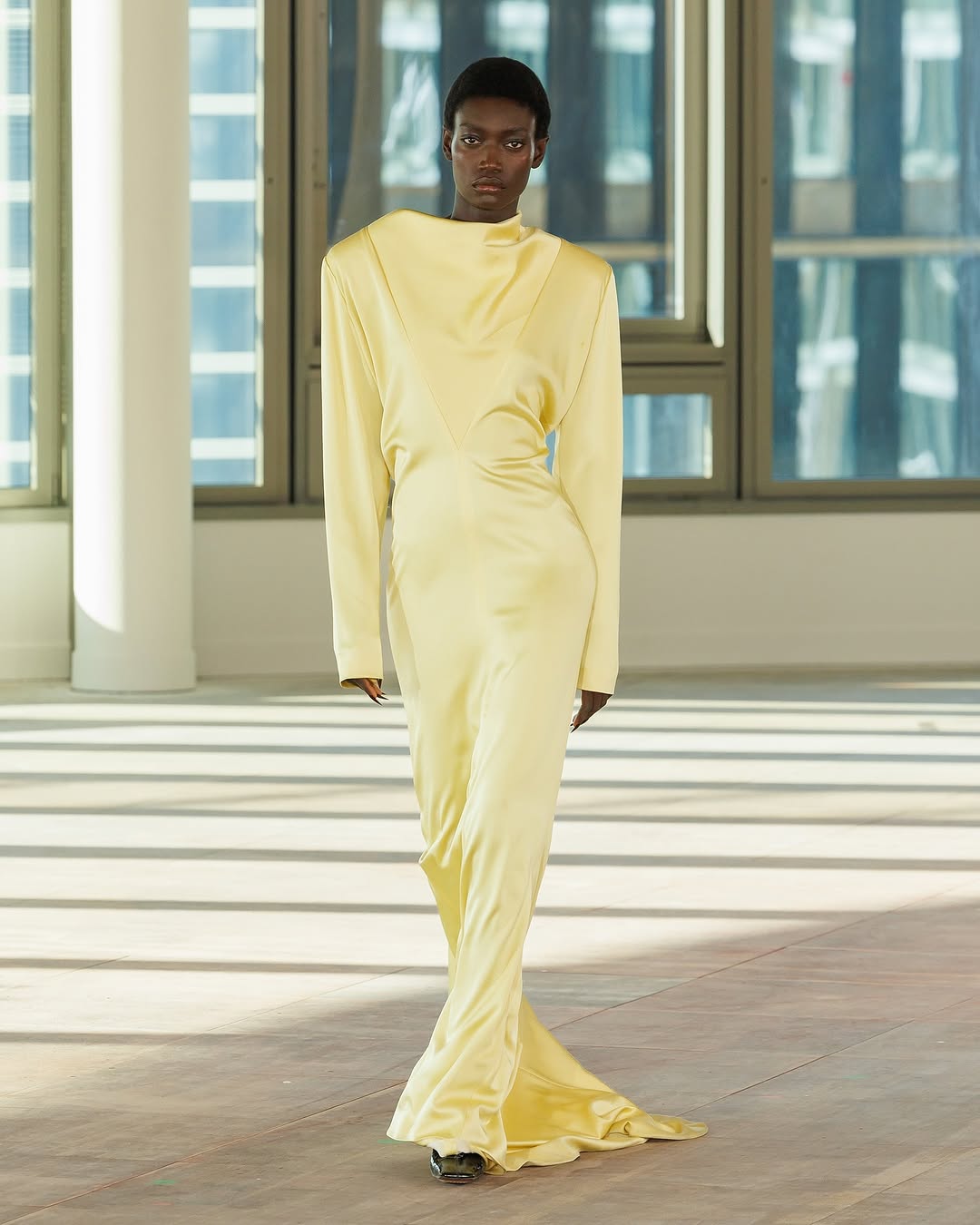
From Copenhagen to Paris, FW 25/26 wasn’t just about looking good—it was about doing good. The future of fashion isn’t just sustainable; it’s bold, creative, and unstoppable.
